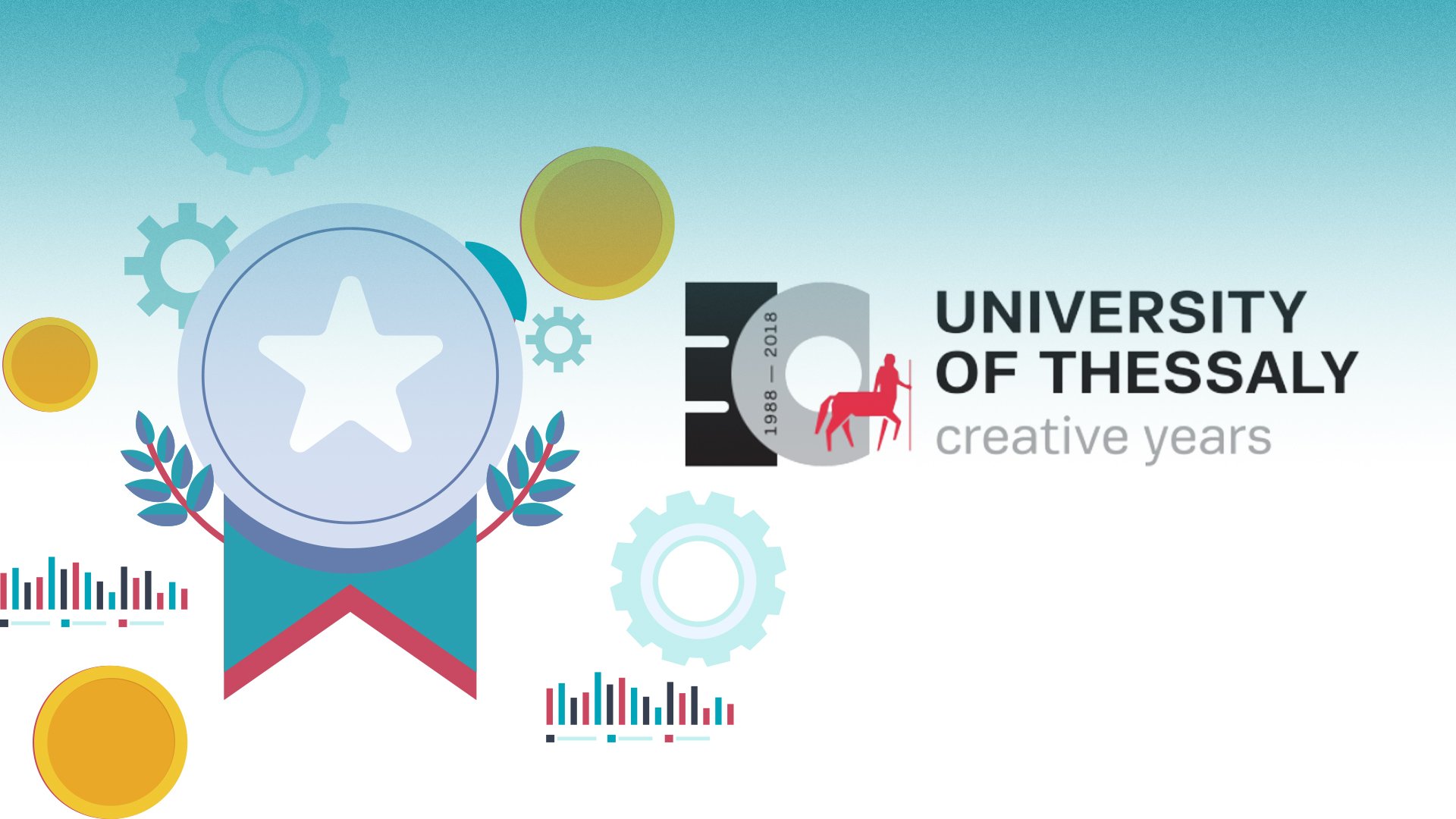Open Call takeaways from the winners: University of Thessaly
As the experimentation projects of our Open Call winners came to a closure, we checked back with them to expand on their background and motivations to participate, and to collect stories on their experience within the programme: what they’ve been up to and how WeNet connected with them and helped them to carry on their activities.
Here below, our one-to-one exchange with University of Thessaly.
Could you tell us about your organisation’s background?
University of Thessaly (UTH) is a public university and one of the largest academic institutions of the country, spreading over 5 cities in central Greece. It consists of 8 Schools and 37 Departments providing undergraduate, postgraduate, and doctoral studies in a wide range of academic disciplines. Every year it attracts students from all over the country and beyond, forming a large community of over 43.000 students, some of which are actively involved in the social, cultural and civic life of each city. The Laboratory of Economic Policy and Strategic Planning of the Department of Economics covers research and educational needs in the fields of economic policy and its applications. Current research performed at the laboratory is fostered by modern quantitative and qualitative methods and techniques, which are applied in a wide range of topics, including regional and local development and policy, immigration, defence, education, employment, health, tourism and transport. The Department of Economics aims at: (a) cultivating and developing the Science of Economics, especially in the fields of Institutions & Economic Development, Banking and Finance and Business Economics, and (b) educating economists to become capable of further advancing economic knowledge and apply it both at the level of state economic policy and at the level of firms, as well to predict various economic phenomena. The Department provides specialisation in fields that correspond to the needs of the Greek Economy and to the latest developments in Economic Science. Therefore, in an era of globalisation and further interdependence of economic systems, career opportunities are fully open to its graduates.
What attracted you to WeNet’s Open Call?
UTH students comprise a large community of young people with a potential to affect the social, cultural and civic life of each city that the University is located. A sizable number of students participate in cultural activities and organisations run by the University or by the local communities. Some are involved in politics and in civic activities both through individual action and through participation in organisations that address social, environmental and civic issues. Finally, a number of students are involved in voluntary and charitable activities of the local community. However, few is actually known about what drives this behaviour and what obstacles students encounter. As such, the WeNet’s programme provided us the opportunity to further investigate the qualities of civic engagement of university students and the factors enhancing or impending this behaviour. In addition, the application of WeNet’s iLog enables us to explore in detail the daily lives and patterns of behaviour that students who are engaged in civic activities exhibit. Finally, the concept of the WeNet programme in general seemed very exciting to us and we really wanted to be a part of this great venture.
How did the experience contribute to the development of your organisation?
The civic engagement of the university students was a topic that our research team had explored in the past. Yet the WeNet project provided the required funds and tools to extend our research and to explore this issue in greater depth. In particular, what was made possible was to study the daily life of the students, to dig deep on the qualities and characteristics of their actions and to assess the extent of their engagement and the level of their commitment. We believe that the research we conducted will provide a clearer picture regarding the qualities of students’ civic engagement and will inform strategic thinking for steering and supporting these actions, aiming for the overall benefit of the university community and the local communities.
For more information: https://www.uth.gr/en





